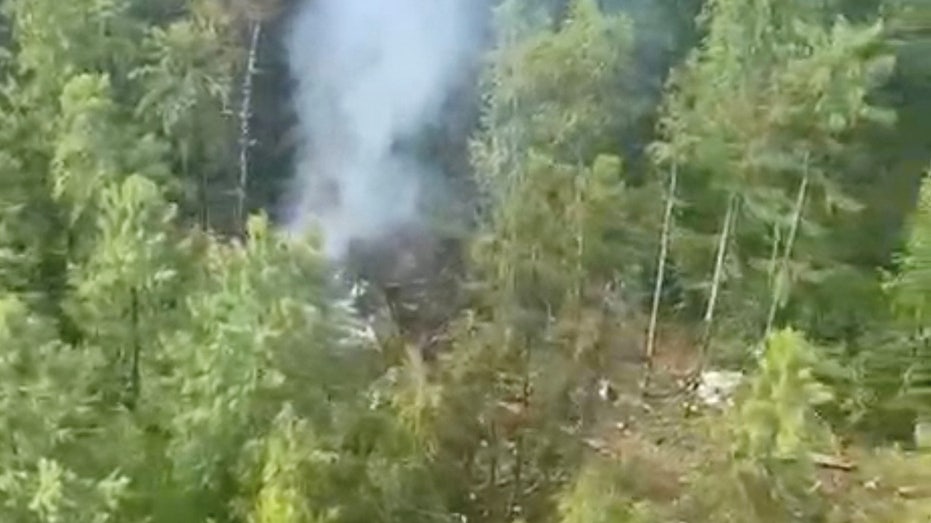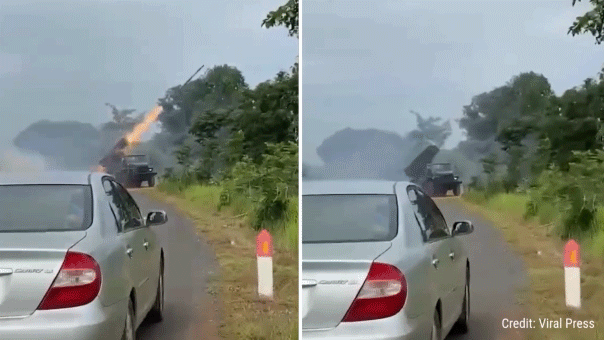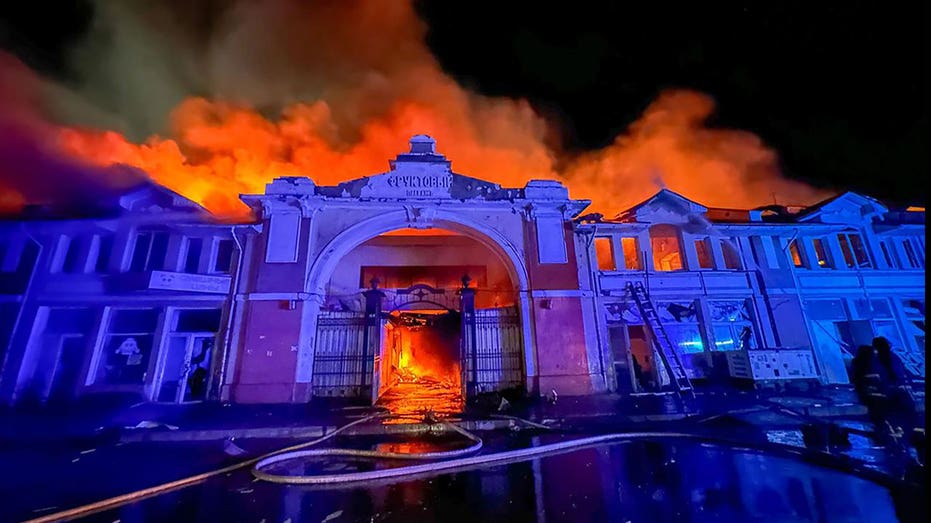Ecuador's Crucial Vote Sparks Fears of Narco-State Resurgence

Sarah Johnson
April 18, 2025
Brief
Ecuador's runoff election pits President Noboa against Luisa González amid surging narco-state fears, escalating violence, and debates over security, U.S. ties, and criminal gang crackdowns.
Today, Ecuadorians face a decisive runoff election that could steer their country’s future amid mounting concerns about narco-state dynamics. The contest pits the current president, Daniel Noboa, a conservative with a clear alignment to former U.S. President Donald Trump, against Luisa González, a leftist candidate closely linked to Venezuela’s Nicolás Maduro.
President Noboa has taken a hard stance on security, openly rejecting Maduro’s legitimacy and vowing to use all available means to dismantle criminal gangs that have terrorized communities across Ecuador. Yet despite these efforts, violence remains rampant—with January 2025 marking the country’s deadliest month in recent memory.
González, on the other hand, follows the footsteps of her mentor, ex-president Rafael Correa, advocating for reinforced military involvement against gangs but with a softer touch on negotiation, emphasizing human rights concerns. This ambivalence has some analysts worried she might opt for deals with drug cartels rather than an unyielding crackdown.
Security expert Mathias Valdez Duffau warns that negotiating with gangs—as Correa’s administration did—may only offer short-term calm, while enabling criminals to entrench their power to alarming degrees. Ecuador’s record-high homicide rates and mass migration in 2024 underscore the urgency of effective leadership.
President Noboa has not shied from militarizing the fight against narcoterrorism, even partnering with Blackwater founder Erik Prince to bolster efforts. Nevertheless, critics note that progress has been minimal and police and prison reforms urgently lag.
Drug trafficking hubs in Ecuador serve as key corridors for cocaine moving from Peru and Colombia to global markets. Cartels like Sinaloa have deeply infiltrated prisons and street gangs, putting the nation dangerously close to narco-state status.
Both candidates garnered roughly 44% of the first-round vote, with González poised to become Ecuador’s first female president if victorious—and a potential return to Correa-style leftist policies.
Deep political division means any administration will struggle to push through reforms needed to curb gang violence and corruption. Former Tungurahua governor Saúl Medina highlights strengthening the justice system and prison overhaul as critical steps forward.
Daniel Noboa’s closeness to Trump could translate to stronger U.S.-Ecuador cooperation on security issues, possibly offering a more aggressive front against narcotics crime. Whichever way the vote swings, Ecuador stands at a crossroads amid escalating violence and fragile governance.
Topics
Editor's Comments
It's striking how Ecuador’s election feels like a high-wire act between security and politics, where a misstep could tip the nation into deeper chaos. The chilling prospect of negotiating with cartels instead of confronting them shows just how complex battling narco violence truly is—sometimes it feels like trying to outsmart a spider weaving its own deadly web.
Like this article? Share it with your friends!
If you find this article interesting, feel free to share it with your friends!
Thank you for your support! Sharing is the greatest encouragement for us.



